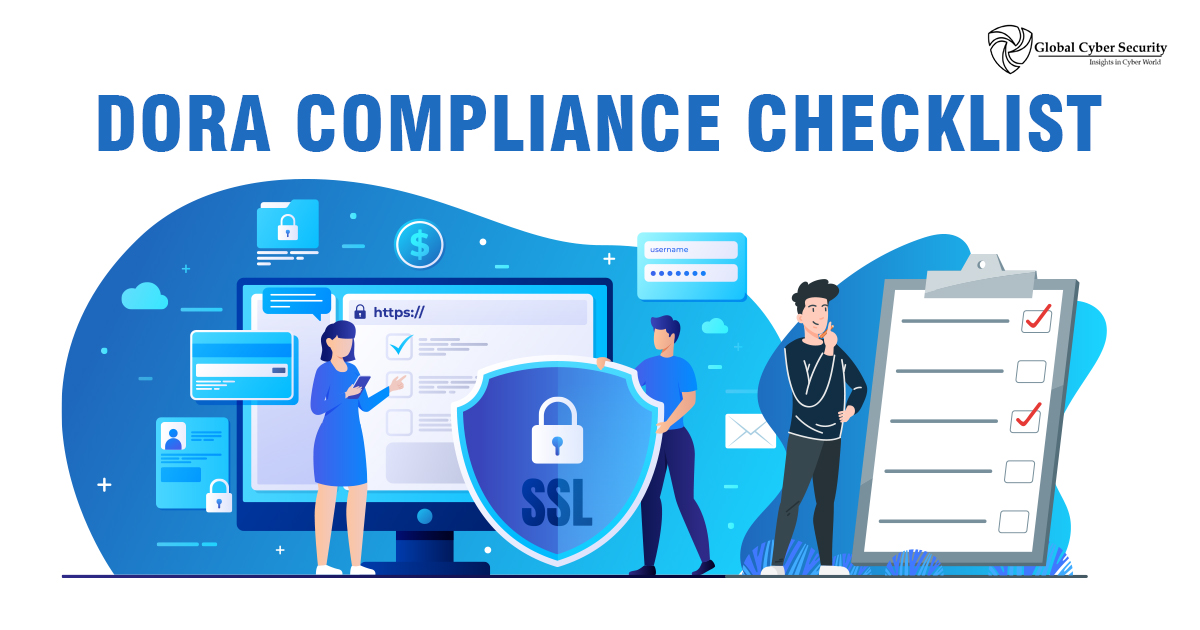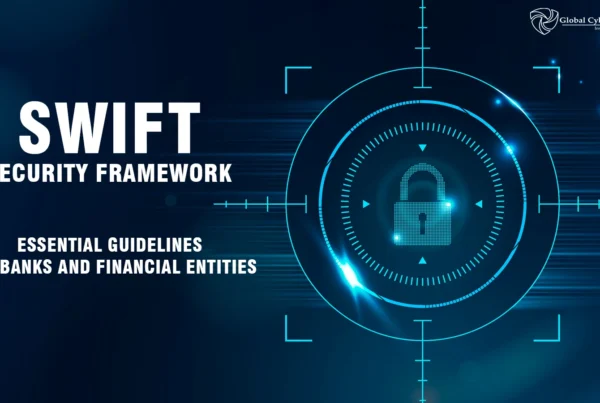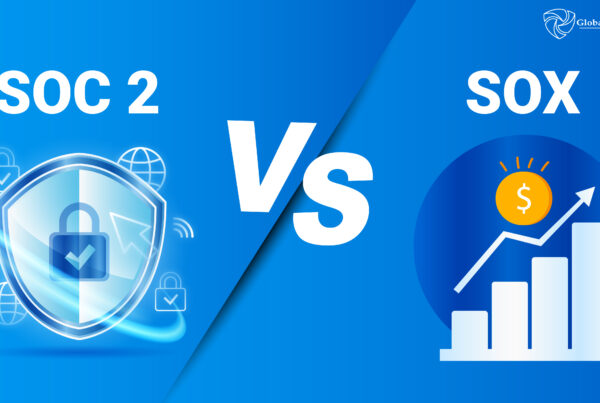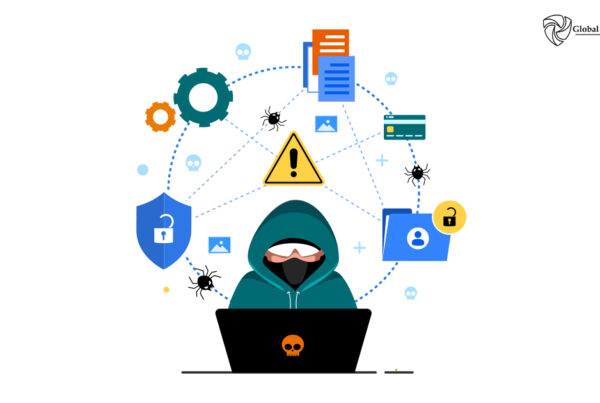
DORA, or the Digital Operational Resilience Act, is a regulation introduced by the European Union to strengthen the digital resilience of financial institutions. It ensures that these organizations can effectively manage, withstand, and recover from ICT-related disruptions and cyber threats. The regulation outlines key requirements including comprehensive risk management, timely incident reporting, regular resilience testing, and strict oversight of third-party technology providers. The regulation was adopted in January 2023 and will become fully enforceable on January 17, 2025.
DORA is designed to help financial institutions stay strong even when the digital environment becomes unstable. As cyberattacks grow more sophisticated and frequent, and unexpected disruptions—from system failures to natural disasters—pose serious threats, DORA provides a clear and consistent framework for resilience. It emphasizes the importance of preparedness, continuous monitoring, and coordinated response efforts, enabling organizations to maintain operations and protect both themselves and their customers during periods of digital or operational crisis.
The main objectives of the Digital Operational Resilience Act (DORA) are:
- Strengthen ICT Risk Management
To make sure financial institutions have strong systems and processes to find, protect against, spot, and deal with risks related to their IT and digital systems. - Enhance Operational Resilience
To ensure financial institutions can keep providing important services even when facing IT problems, cyberattacks, or other unexpected disruptions. - Standardize Incident Reporting
To create a unified framework for reporting major ICT-related incidents to regulators across the EU, improving transparency and coordination. - Regulate Third-Party ICT Providers
To keep track of and control risks that come from outside tech service providers, especially those that offer important services like cloud computing. - Promote Consistent Resilience Testing
To require financial firms to regularly test their digital systems, including advanced threat-led penetration testing, especially for critical operations. - Facilitate Information Sharing
To promote voluntary sharing of information between financial organizations about cyber threats and weaknesses, so they can work together to stay protected. - Ensure EU-Wide Harmonization
To create one clear and consistent set of rules for digital resilience that all EU countries follow, instead of having different rules in each country.
Keypoints of DORA Compliance Checklist:
ICT Risk Management
- Establish a comprehensive ICT risk management framework.
- Identify and assess all ICT-related risks regularly.
- Implement controls to prevent, detect, and respond to risks.
Incident Reporting
- Set up processes to detect and report major ICT incidents promptly.
- Ensure reporting meets regulatory timelines and formats.
Operational Resilience Testing
- Conduct regular resilience tests, including vulnerability scans and penetration testing.
- Perform advanced threat-led penetration testing if applicable.
Third-Party Risk Management
- Identify all critical third-party ICT service providers.
- Include risk and continuity requirements in contracts with vendors.
- Monitor and assess third-party ICT risks continuously.
Information Sharing
- Participate in information-sharing initiatives related to cyber threats.
- Establish channels for sharing relevant threat intelligence with peers and authorities.
Governance and Accountability
- Assign clear roles and responsibilities for ICT risk and resilience.
- Provide regular training and awareness programs.
Documentation and Reporting
- Maintain detailed records of ICT risk management activities and incidents.
- Prepare reports for internal and external audits and regulatory bodies.
The Key Components of DORA:
ICT Risk Management – Manage and reduce IT risks across all operations.
Incident Reporting – Quickly report major IT incidents to regulators.
Resilience Testing – Regularly test systems to handle attacks and failures.
Third-Party Risk – Monitor and control risks from external tech providers.
Information Sharing – Share cyber threat info with other firms.
Governance – Set clear roles and responsibilities for IT resilience.
Regulatory Oversight – Authorities ensure firms follow DORA rules.
Conclusion:
DORA compliance also boosts your ability to tackle any digital challenges that come your way. Compliance isn’t just about avoiding penalties; it’s about creating a resilient, future-proof organization.
hink of DORA as a safety net in today’s unpredictable digital environment. The benefits extend well beyond meeting regulatory requirements. You’re safeguarding your business against disruptions and ensuring smooth operations even in tough situations. Strong processes will also inspire confidence in your clients and partners, demonstrating your commitment to security and operational resilience. In the end, a resilient business is one that succeeds over the long term.
Approach it step by step and keep in mind that compliance doesn’t have to be overwhelming. With the right tools, attitude, and support, managing DORA can actually give you a competitive edge. Get ready, embrace the journey, and transform this challenge into a chance to secure your business’s future.



